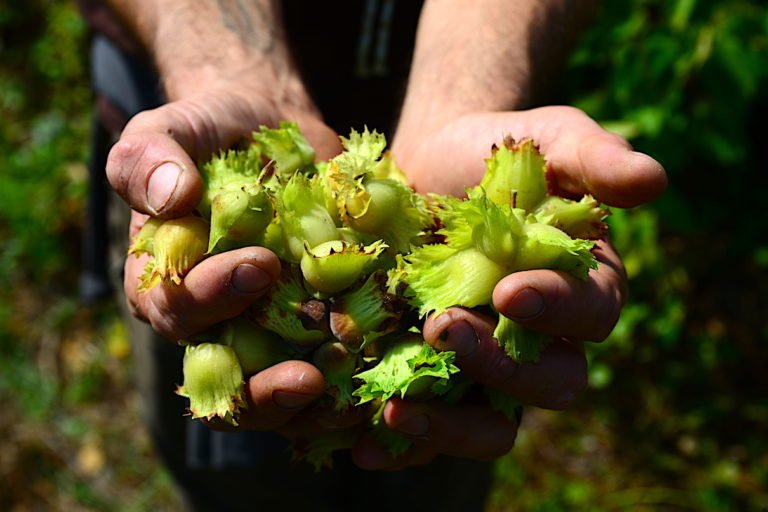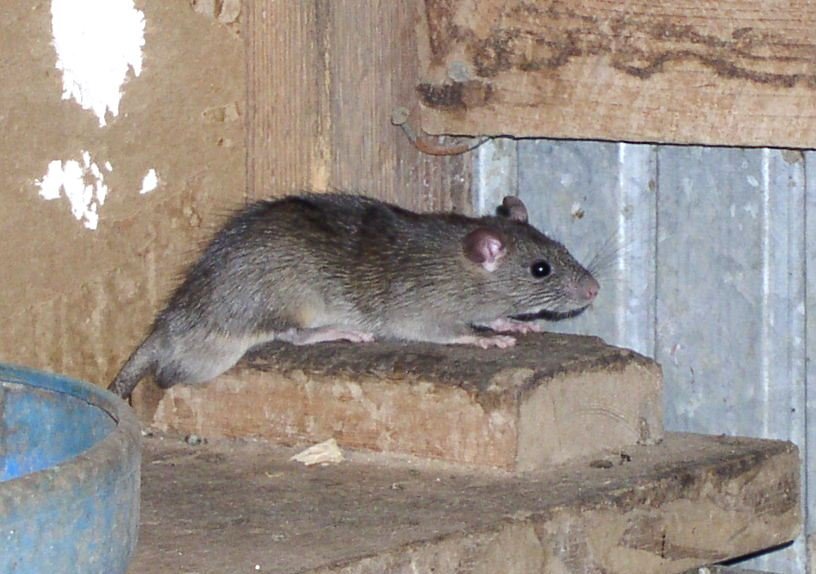Half of consumers surveyed in Scotland have eaten food after its use-by date because of money worries, according to Food Standards Scotland (FSS).
The survey asked more than 1,000 people a series of questions in late September on changes in behaviors related to food since April and the cost of living crisis.
For almost a third, eating food after the shelf life date has been a more frequent occurrence since April. Those most likely to have done this often were in lower socio-economic groups, living in larger households, people with children at home and those with a health condition.
Over half of adults have consumed food products past their best-before date, to save money. Almost a third said they have done so more often since earlier this year. A use-by date is about safety while a best-before date covers quality.
Risk of changing behavior
A total of 41 percent were changing cooking behavior or methods to try to save money. About 10 percent of respondents had changed the temperature of their refrigerator or reduced the cooking time for food. Those 18 to 34-year-olds were more likely than other age groups to have reduced cooking time.
Only 2 percent had turned off their refrigerators and 1 percent their freezers to reduce energy bills.
Consumers have undertaken a range of actions more often since April to save money. The most common was purchasing cheaper brands or clearance foods; however, a quarter have skipped meals or reduced portion sizes; and used the sniff test to decide if food is safe. Some are reheating food more than once.
Jacqui McElhiney, head of science at FSS, said: “While we were expecting the results of the survey to demonstrate some behavior changes in relation to how consumers are buying and preparing food, it’s concerning that so many people are adopting practices which could put them at increased risk of food poisoning.
“Perishable foods can become unsafe to eat when they are stored past their use-by date, especially when they are not kept chilled. Saving energy and avoiding food waste are always priorities, but we must also remember the importance of food safety.”
About 70 percent of adults said they were more worried about being able to afford food since April and no one was less worried. The other 30 percent indicated no change in opinion.
Focus on safe food
McElhiney said the survey showed the cost of living crisis is affecting consumer behavior with the potential to negatively impact public health.
“As the public sector body for food safety and standards in Scotland, we are here to help protect consumers from food safety risks. While we understand that this is only one part of a much larger scale issue and appreciate the predicament that many consumers face, it makes our own role in helping the people of Scotland to avoid the risk of food poisoning even more important,” she said.
The poll was the first in a series of cost of living surveys planned by FSS and was completed prior to the energy price cap rise in October.
A Food Standards Agency (FSA) consumer survey of 2,000 adults in September in England, Wales and Northern Ireland also found some people were taking food safety risks because of money pressures and rising energy costs.
Almost one in five turned off a fridge or freezer. A total of 27 percent changed the settings on their fridge or freezer so that food was kept at a warmer temperature. If food isn’t properly chilled it could go bad faster and be unsafe to eat.
Overall, 28 percent of participants lowered food cooking temperature and 29 percent reduced the length of time for cooking food.
A quarter of participants had eaten cold food as they could not afford to cook hot food. A third reported they had eaten food past its use-by date because they couldn’t afford to buy any more.
(To sign up for a free subscription to Food Safety News, click here.)












